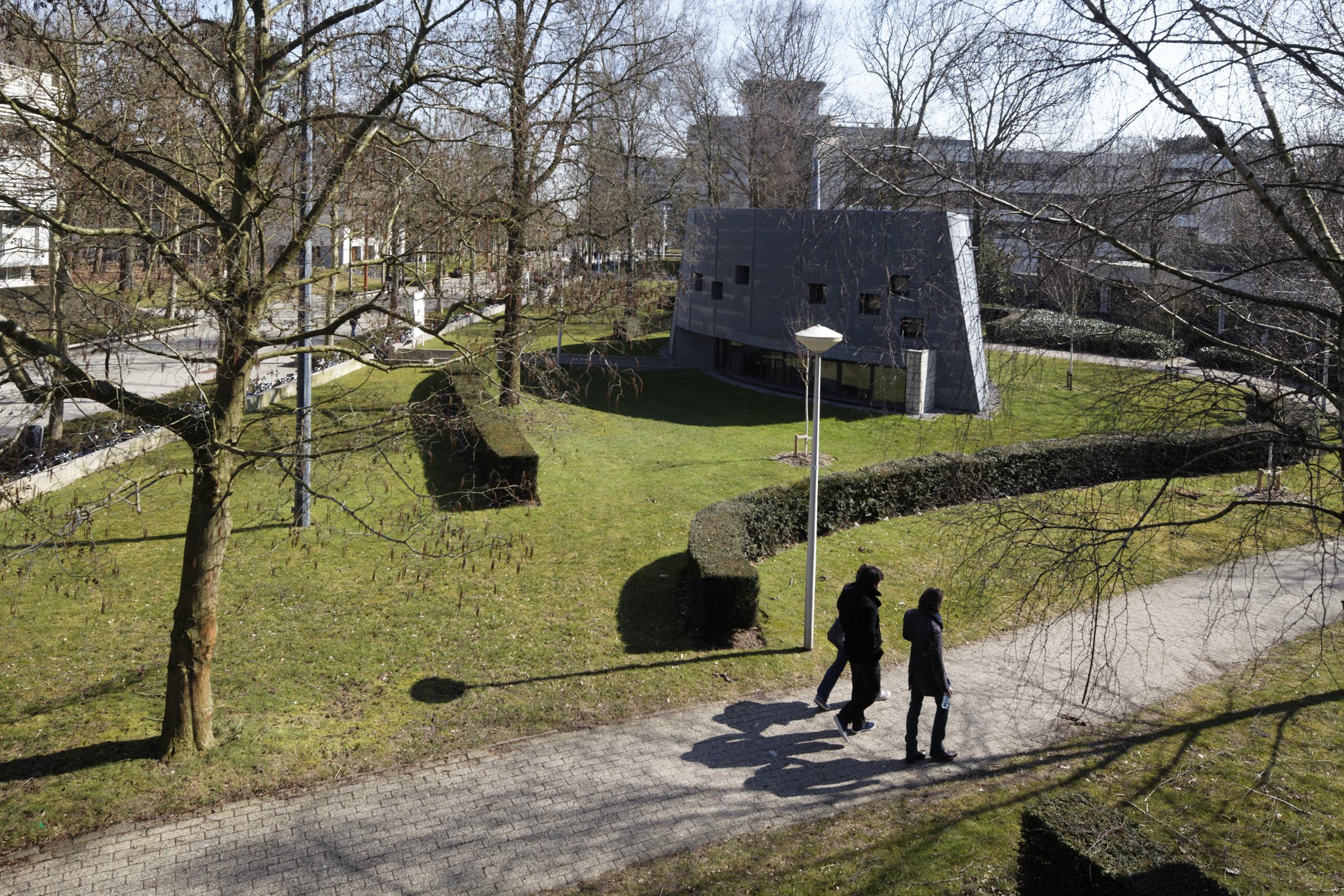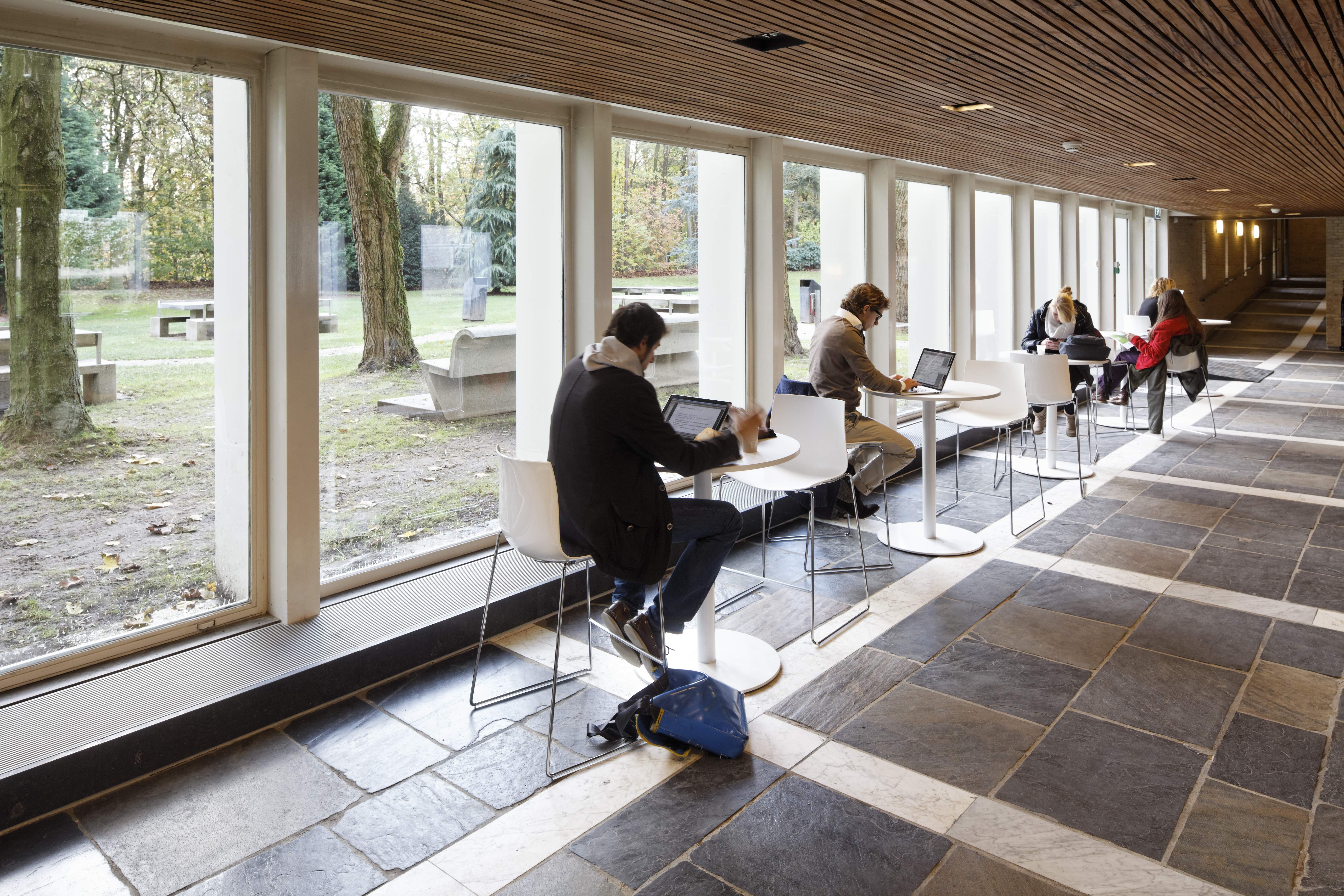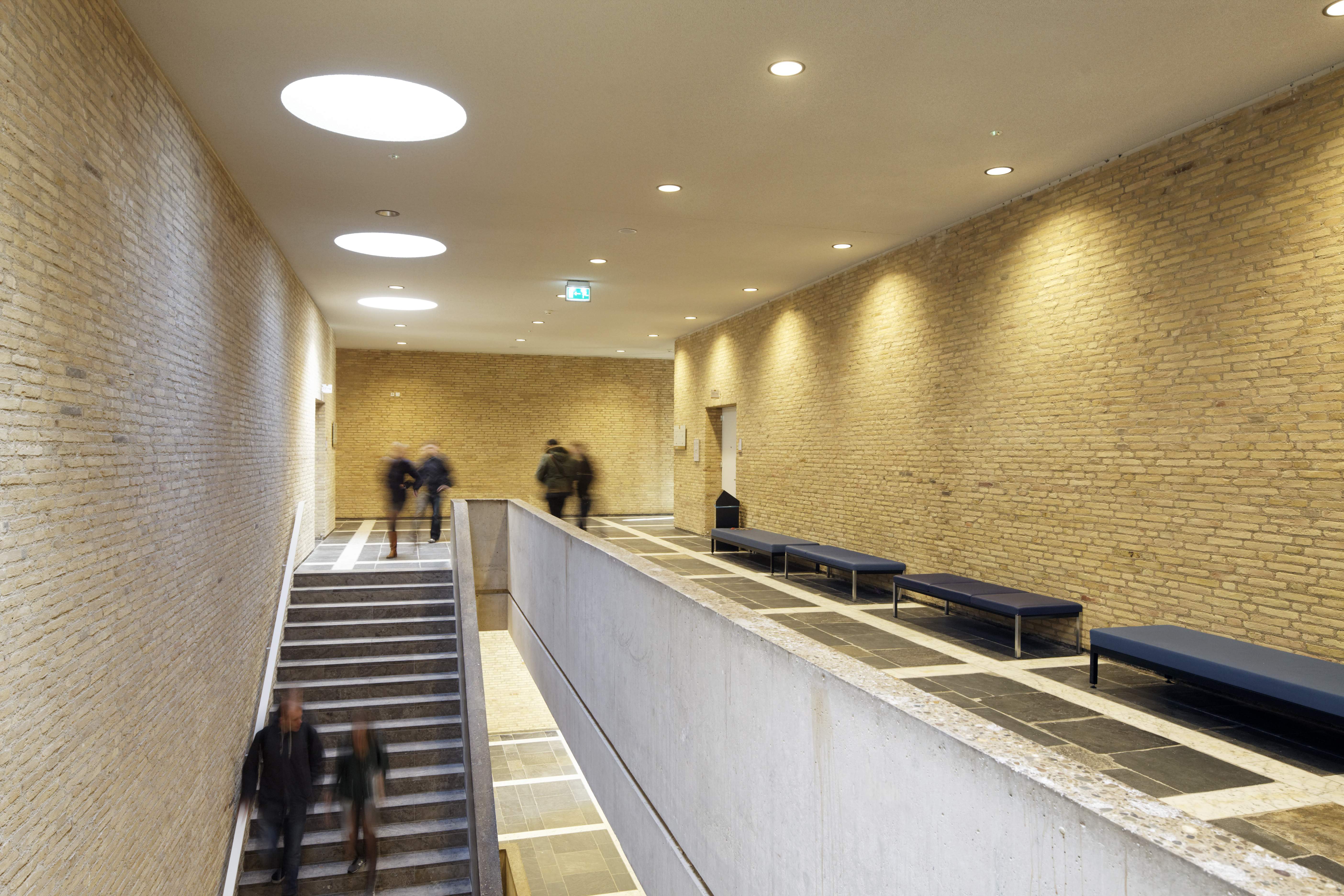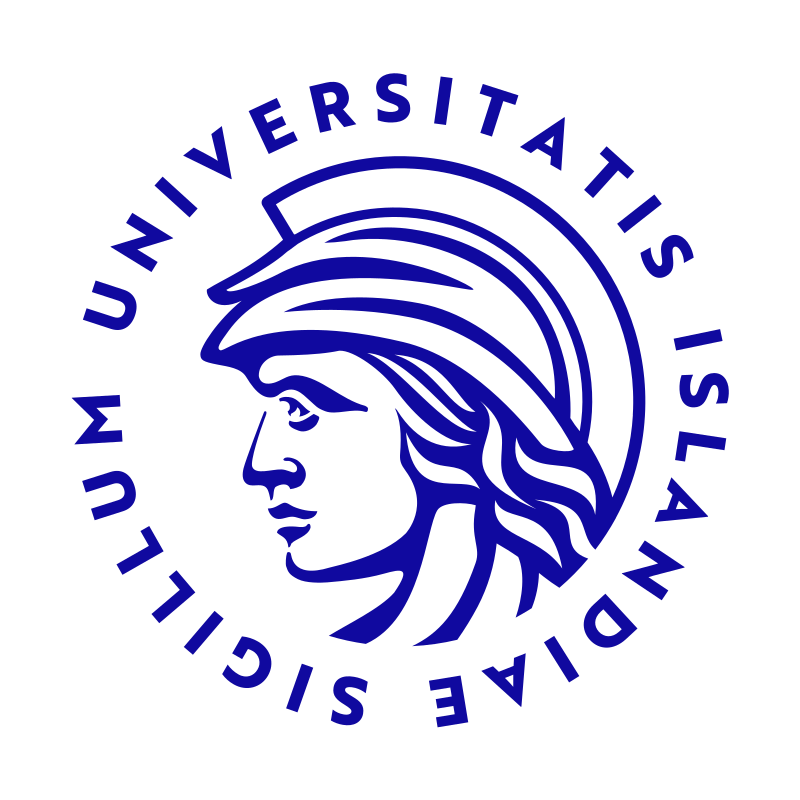First year content
Block 1 (August - October)
Multivariate Analysis including Multilevel Models
You get an introduction into the classical multivariate methods, particularly regression models, starting with the linear regression model and (M)ANOVA.
Foundations of Social Psychology
Learn how interpersonal situations influence social interaction, how structural aspects of mutual dependence influences cognitions, motivations, affect and behavior. Address topics such as social identity, exclusion and the need to belong, conflict and cooperation, distributive and procedural justice, fairness and self0interest, negotiation, social exchange, and social influence.
Foundations of Sociology
Examine different topics related to culture, social relations and inequality from a theoretical sociological perspective.
Block 2 (October- January)
Multivariate Analysis including Multilevel Models
You get an introduction into the classical multivariate methods, particularly regression models, starting with the linear regression model and (M)ANOVA.
Foundations of Organization Studies
Answer two major organizational questions from a theoretical perspective: how to govern organizations and how people and organizations learn about themselves by comparing themselves with others.
Mathematical Models
Study differential and integral calculus, matrix algebra and probability and statistical inference.
Block 3 (January - April)
Experimental Research
Discuss every stage of experimental research.
Survey Research
Learn how to conduct survey research.
Programming
Learn how to work with the statistical program and language R and how to independently work with R in future courses and research projects.
Meta Analysis
Learn how to conduct a meta analysis.
Research Integrity & Ethics in Methods and Statistics
Discuss and critically examine the important ethical issues that arise in the conduct of empirical research in the social and behavioral sciences.
Academic Writing in Social Sciences
Block 4 (April - August)
First year Paper Methods and Statistics
Internal Traineeship Methods and Statistics I
Second year content
Block 1 (September - October)
International Traineeship in Methods and Statistics
Categorical Data Analysis
Study regression models belonging to the generalized linear modeling family, technical aspects of maximum likelihood estimation, likelihood-based statistical inference, and class analysis.
Academic Presenting in Social Sciences
Touch up your academic presentation skills and learn how to present an academic paper in an engaging, clear, personal and appropriate way and learn to communicate your research in a structured, coherent, clear, concise and attractive way.
Internal Traineeship Methods and Statistics II
Block 2 (October - January)
Structural Equation Modeling
You are introduced to a general statistical framework that brings together multiple statistical analysis tools.
Internal Traineeship Methods and Statistics III
Bayesian Statistics
Study the concept of subjective probability, prior knowledge, prior specification, Bayesian estimation, Bayesian hypothesis testing using the Bayes factor, posterior predictive checking, and Bayesian computation using Gibbs sampling.
Block 3 (January - April)
Colloquia & Seminars in Methods and Statistics
Master's thesis in Methods and Statistics
Psychometrics
Block 4 (April - August)
Master's thesis Methods and Statistics
Internal Traineeship Methods and Statistics IV
Master’s thesis
In your second year, you will write your Master’s thesis (24 ECTS), in English, under supervision of a knowledgeable staff member who will supervise you during both the research and thesis-writing processes. You write your thesis within your track. Your thesis should have a track related subject.
You will choose your own research topic and supervisor.
You will learn how to conduct all aspects of the research process: creating hypotheses, collecting data, analyzing data, and writing a scientific article.
Prior to writing the thesis, you will write an individual research proposal (IRP) based on an original idea, which your supervisor must approve.
You will conduct the research and work on your Master's thesis independently, for most of the time. However, you will be in constant and close contact with your supervisor.
The Master’s thesis should be written as a manuscript that could be submitted for publication in an ISI journal.
Examples of thesis subjects are:
A thermal imaging approach to detect deception
Statistical reporting inconsistencies in Psychology
Bayesian hierarchical models
You will find a detailed description of the courses and required literature in our course catalog.
Show less














